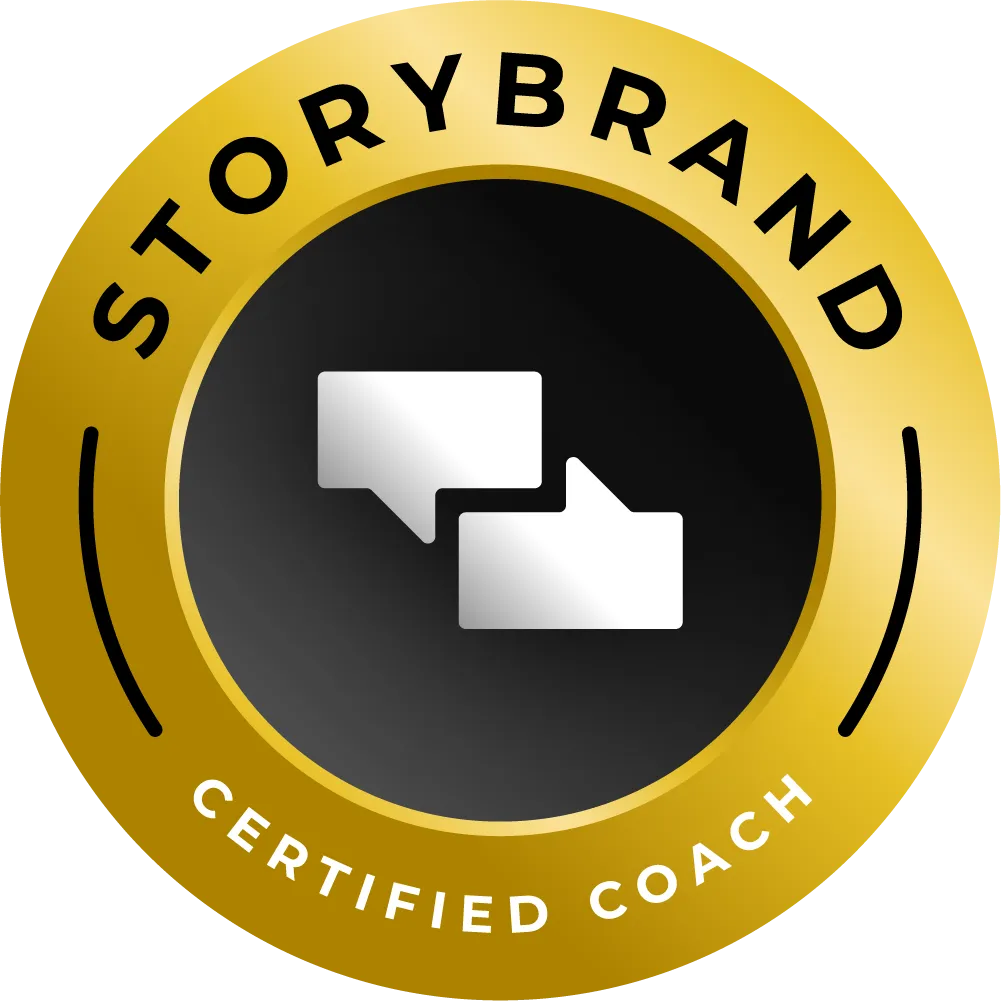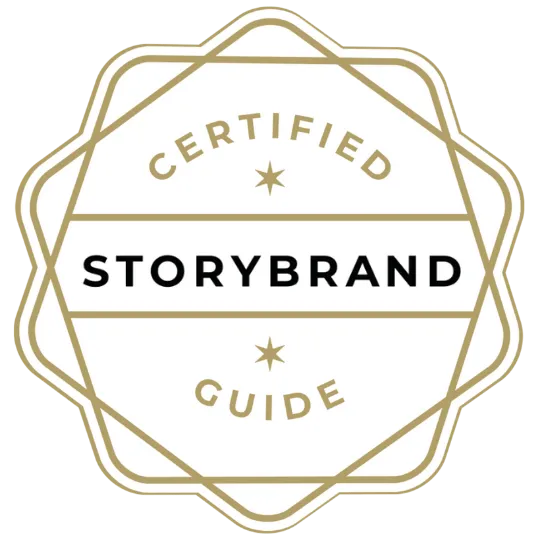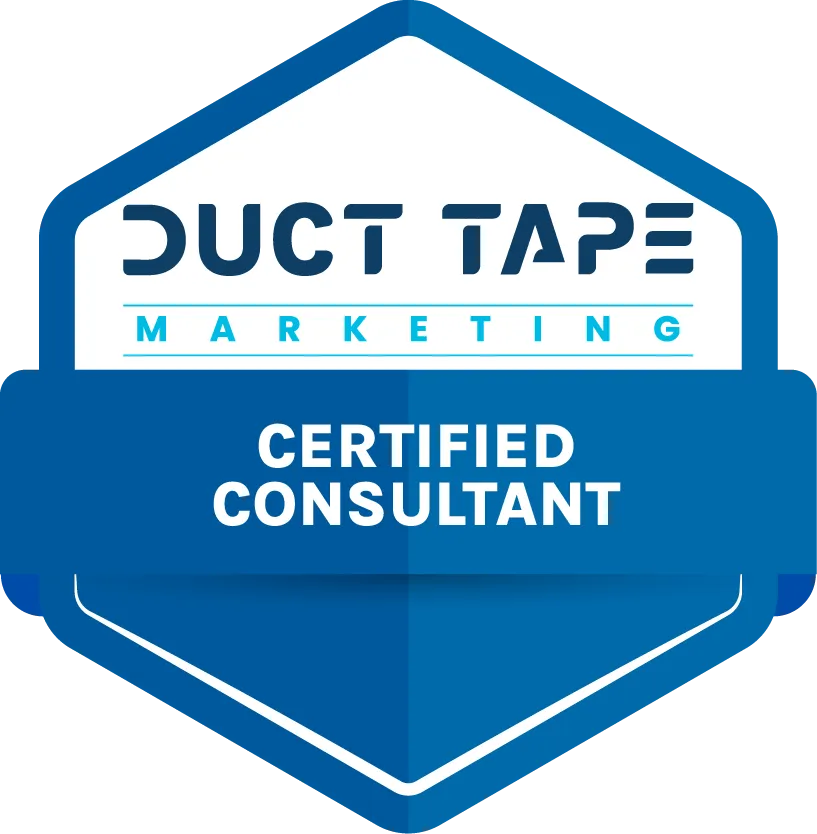STORY, MEET STRATEGY
Let’s make marketing feel less robotic and more real.
Find resources that bring your message—and your business—to life.

Em Dashes Trigger AI Alarms—What Small Biz Owners Should Know
By Vicky Sidler | Published 29 July 2025 at 12:00 GMT
Somewhere between typo paranoia and robot apocalypse, the em dash has become suspicious.
That elegant punctuation mark—the one that lets you throw in an aside, add drama, or do both in one sentence (like I’m doing here, hopefully?)—is now considered a red flag for AI-generated content. Yep. Apparently, if you’ve been overusing the em dash, you might be a bot.
This recent paranoia, documented in Bloomberg by columnist Dave Lee (go read it; it’s brilliant), might sound like a niche grammar tantrum. But it touches something deeper for small business owners trying to build trust online: how you write matters.
And not just for clarity—now it affects whether readers (and AI detectors) believe you’re human.
TL;DR
Em dashes are now flagged by some as an AI “tell.”
ChatGPT uses them often—but it learned that from real humans.
Your content shouldn’t sound robotic—but the punctuation isn’t the issue.
The real red flag is content that could’ve been written by anyone (or anything).
If you want people to trust you, start by sounding like you.
👉 Grab the 5-Minute Marketing Fix to write a one-liner that builds trust in seconds.
Yes, I Know I’m Using Em Dashes. Let Me Explain.
By now, you’ve probably noticed I’m using em dashes in this article—and yes, I’m aware of the irony.
But here’s the thing: I’ve used them for years—long before ChatGPT could string a sentence together. AI didn’t teach me the habit. It copied it from people like me (and Dave).
That said, if you learned about the em dash from ChatGPT—just like I learned it from Grammarly—embrace it. It’s probably the dash you were always supposed to be using all this time, rather than the hyphen. (Ok, I really am overusing it now to make a point. Lol. I’ll stop.)
So yes, the robots did teach us something, and that’s okay. Grammar tooling isn’t a crime; it’s an upgrade. Finally using the correct dash? I love that for us.
I briefly considered ditching them to avoid AI‑style criticism. But honestly? I’m not changing my voice and letting a machine re-populate my vocabulary.
Also, Chat GPT will move onto something else after enough people tell it to stop using them. And then I'll be free to live my life as a human rather than an apparent cyborg.
So, like a good grammar nerd with a Master’s degree and a mild compulsion for typographic correctness, I continue to use em dashes. Religiously. Even though they’re hideous. Even though I get accused of sounding like AI. Even though every time I want one on a platform without my shortcuts, I have to Google ‘em dash’ just to copy and paste it.
And if that gets me flagged as a robot by my audience—it’s at least human error.
The Real Problem Isn’t AI. It’s Content Without a Conscience.
I don’t actually mind AI content. I think it can be super helpful.
It’s how people use it that makes me want to throw my laptop into the ocean and go live in a beach hut where “content strategy” means choosing which book to read next in my hammock.
AI is honestly amazing for people who aren’t fast or natural writers. (I sometimes secretly do basic arithmetic using my fingers, so I say this without judgment.)
Using Chat GPT is no different to me using a calculator to add 16 and 18 (embarrassing, I know). If you know the logic and structure but need help with speed or accuracy? Use the tool. That’s what it’s there for.
But you still need to understand what you're calculating—and why.
Which is why I nearly choked on my coffee when I saw a tool (that shall remain nameless because I refuse to give it free PR) that promises to do everything for you.
Keyword research. Topic selection. SEO optimisation. Internal links. Schema markup. Publishing.
All automated. All AI. All “done for you.”
And look—I get the appeal. That's a lot to take off of any overworked business owner's plate.
But that’s not strategy. That’s spam with good formatting.
Because content isn’t just a ranking game—it’s a relationship-building game. People don’t follow you, read your blog, or open your emails because they want 2,500 words on “How to Increase Engagement with Engaging Engagement Tactics.” They read because they want you.
Your take. Your stories. Your weird punctuation quirks.
If your content could have been written by anyone—or anything—it’s just digital white noise. It doesn’t build trust. It just fills space.
And for small business owners, trust is everything.
What This Means for You:
You don’t need to ditch em dashes. You need to sound like a person.
That means:
Be clear about what you offer and who it helps.
Stop copying the generic stuff everyone else is saying.
Add a little of your actual self—tone, point of view, even a rant like this one if needed.
Whether you're writing your home page, your LinkedIn posts, or an email to a cold lead, the goal is the same: be understood. Be real. Be readable.
What I Recommend:
As a StoryBrand Guide and Duct Tape Marketing Strategist, I help business owners get clarity. And what I’ve seen again and again is this:
The businesses that win aren’t the ones with perfect grammar or fancy tech.
They’re the ones with a clear, human message that builds trust fast.
Start with one sentence. A good one-liner is like a handshake: warm, quick, and memorable.
👉 Download the 5-Minute Marketing Fix
It’ll help you write one sentence that turns strangers into buyers—no AI detector required.
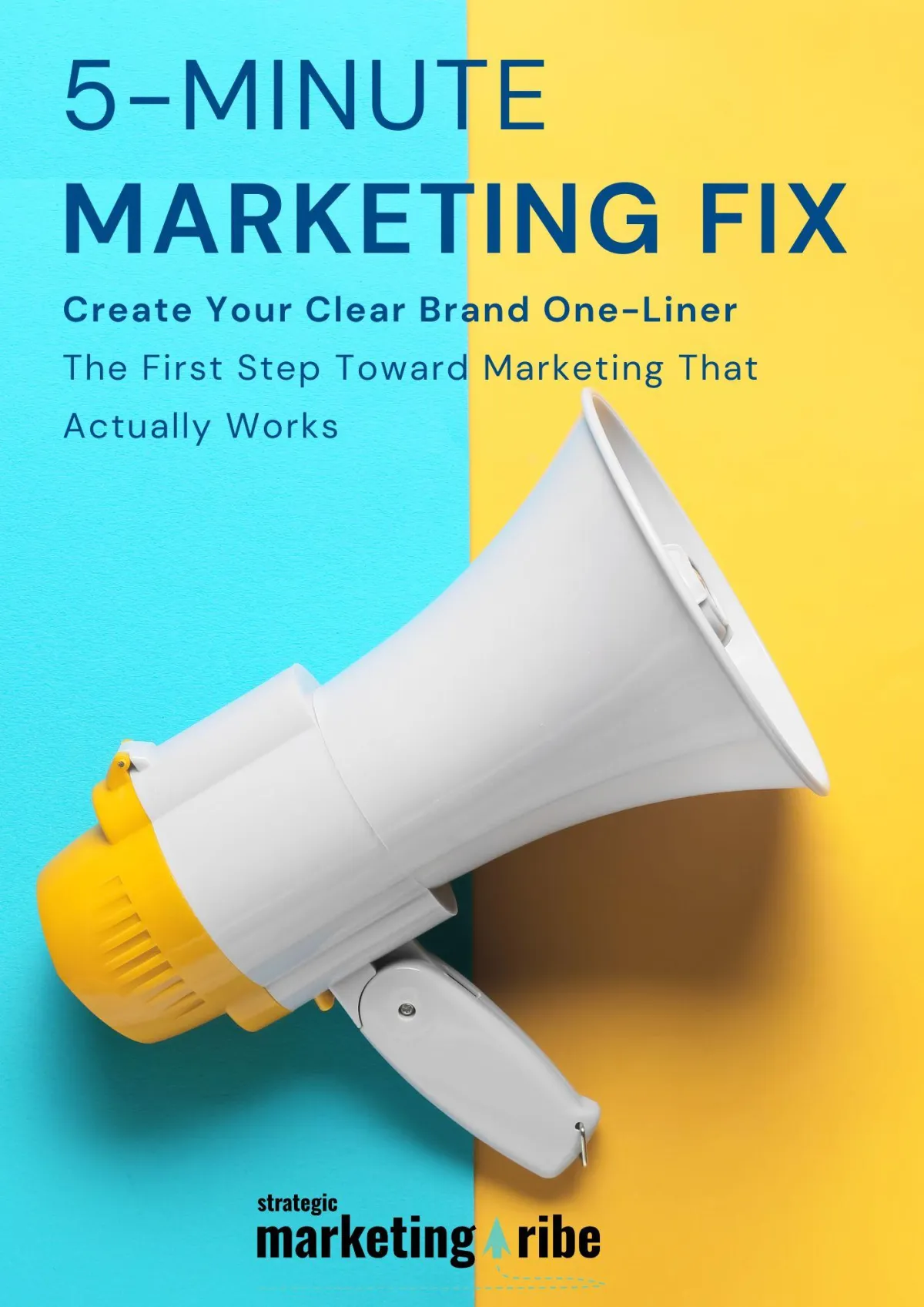
Created with clarity (and coffee)
